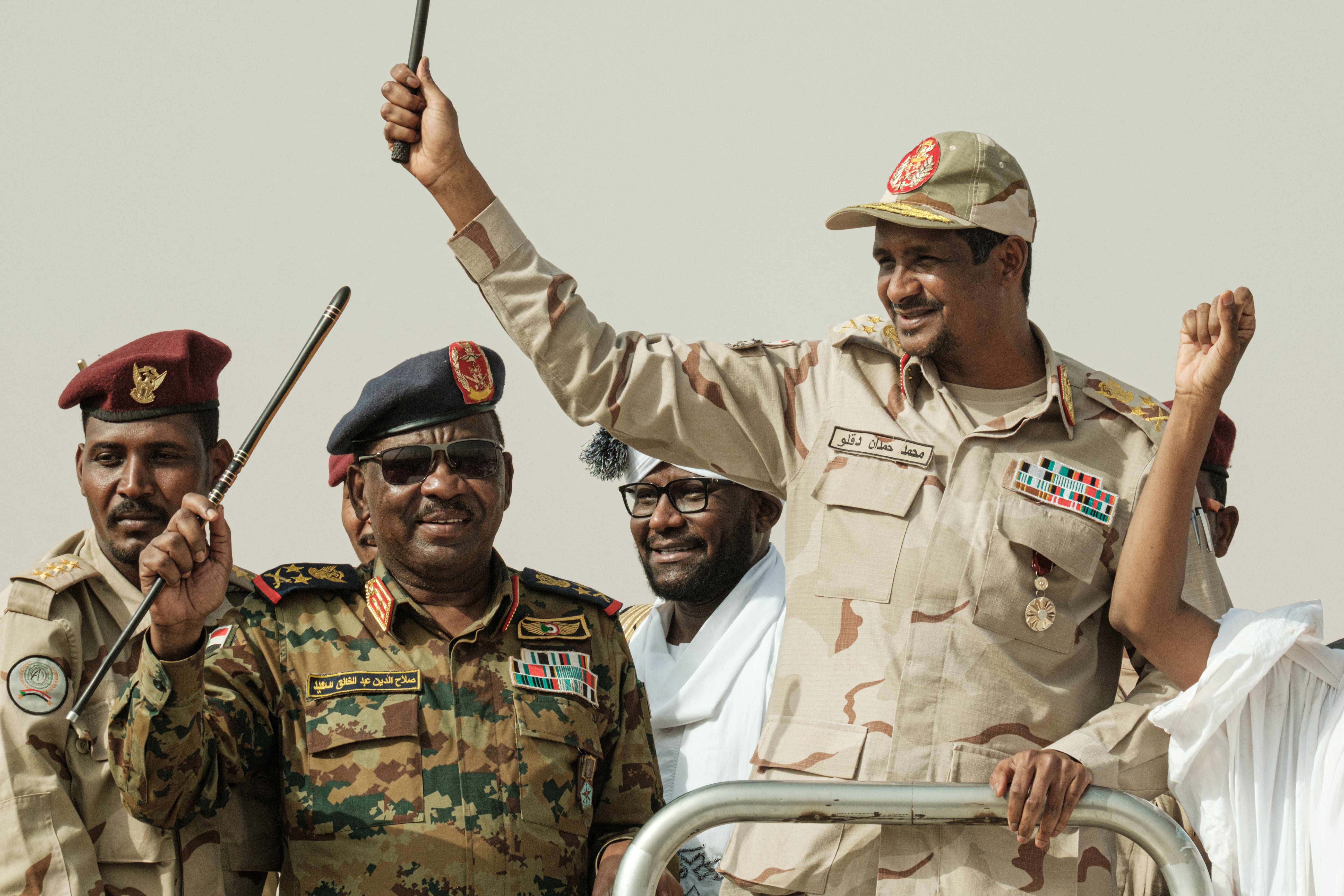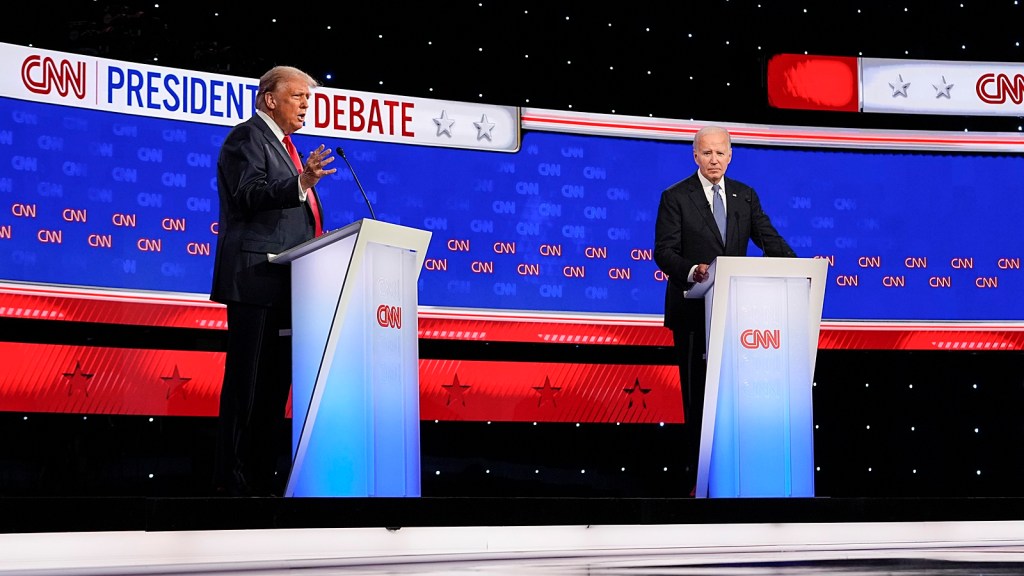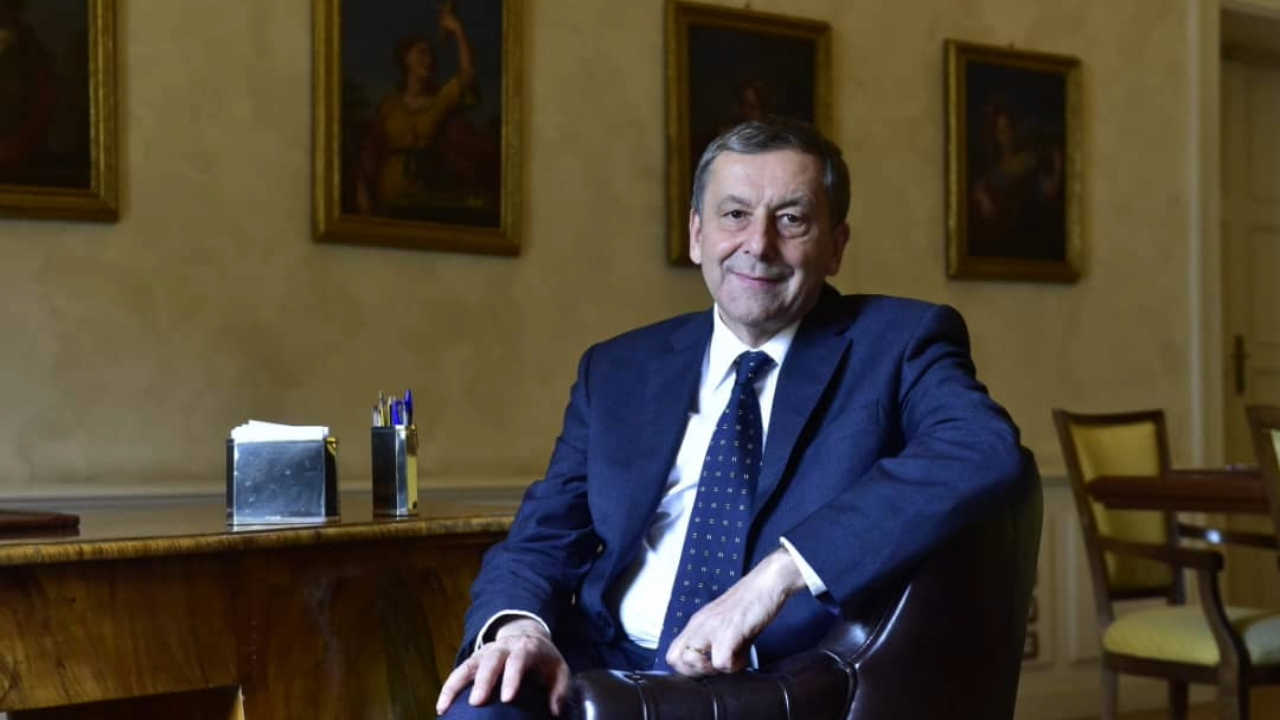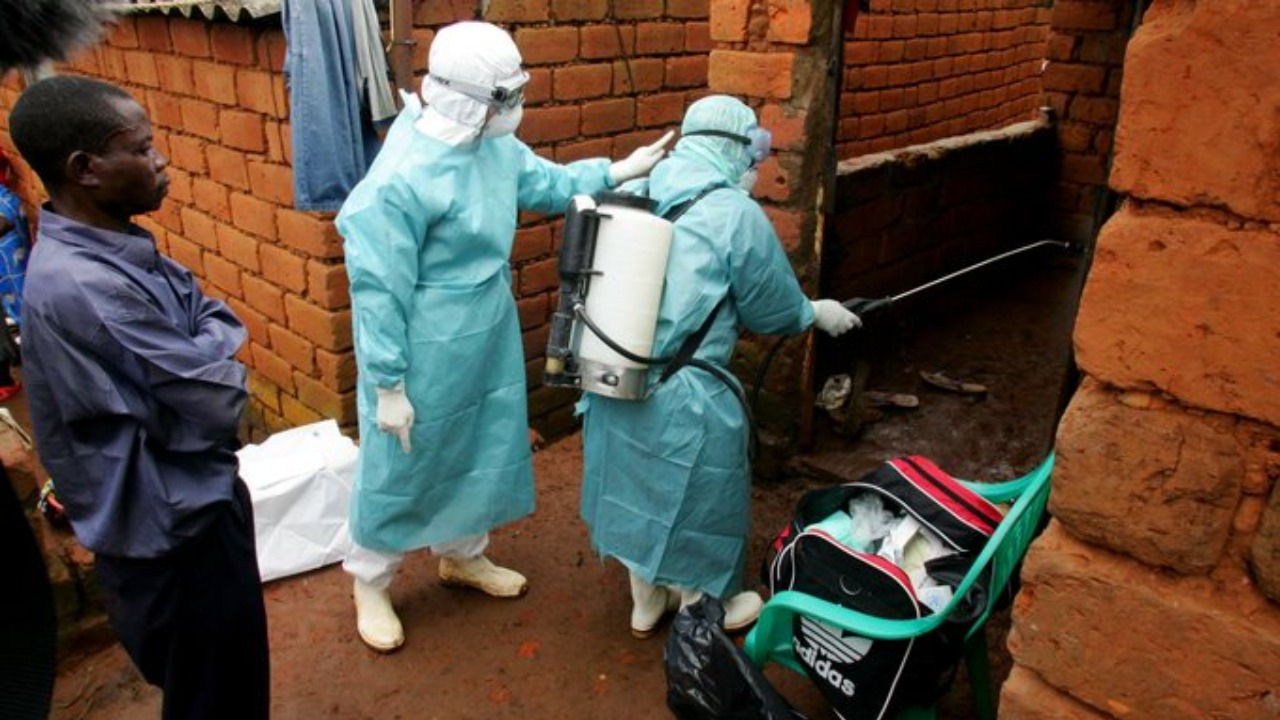Sudan generals agree on a One-week Ceasefire to Engage in Peace Talks

The Warring factions in the war that is continuing in Sudan have agreed on a one-week ceasefire to give peace talks a chance
The US and Saudi Arabia, which sponsored the peace talks in Jeddah, announced that the ceasefire would go into effect on Monday evening. Taking to Twitter, US Secretary of State Antony Blinken added. "It is past time to silence the guns and allow unhindered humanitarian access," Blinken stated.
Despite failed ceasefires in the past between the two sides, the US is hopeful that this ceasefire that both sides have agreed on will be an agreement that won’t be broken.
"I implore both sides to uphold this agreement - the eyes of the world are watching."
Some Embassies in the capital have been affected by the war as well with the embassies being looted, the Qatari Embassy were ransacked by "irregular armed forces", and it demanded that those responsible for the "heinous act" be held accountable.
Other embassies, including Jordan's, have also been previously ransacked, along with aid warehouses of the UN.
Humanitarian aid cannot be used in the country especially the capital due to its ongoing war, as well stocks of food and essentials cannot be reached to the needed citizens.
Both factions have been urged by the international community to allow distribution of aid and needs, especially health services. On 11th May, both sides signed an agreement to allow the groundwork for humanitarian assistance in Sudan, but that agreement soon failed as both factions didn’t bother to keep their promises.
Sudan's de facto leader, Abdel Fattah al-Burhan, fired his deputy-turned-rival Mohamed Hamdan Daglo on Friday, as forces loyal to the feuding generals fought in Khartoum and Darfur. This was because of the struggle for power in the country and only one side wanted to rule.
Even though there were talks before the war on political and democratic rule in the nation, talks failed as both sides felt threatened that their power of position could be overthrown and now both sides that fought together to end a long-serving regime in the country fight for their own power in a personal war in the country.
The UN refugee agency (UNHCR) says more than 1 million people have been displaced by the power struggle between Burhan and Daglo, who leads the paramilitary Rapid Support Forces. Hundreds have been killed in the fighting, which has raged for over a month.
More than 500 people have died in the war and at least 250,000 refugees have fled to their neighbouring countries since the start of the war in April 15,
The international community has been evacuating its citizens to avoid the war but the Sudanese remain in their country having to face the tragedy falling in front of them.
The war is between army general Abdel Fattah al-Burhan and the head of the paramilitary Rapid Support Forces, Mohamed Hamdan “Hemedti” Dagalo and the fight for power in the country.




